The National Union of Journalists of Ukraine (NUJU) and the European Federation of Journalists (EFJ) held a joint round table at the Brussels Press Club, dedicated to the problems faced by Ukrainian media in the conditions of war.
The participants in the meeting emphasized that the media in Ukraine is a national asset, and their restoration should be included in the country’s economic and social restoration programs, reports Ukrinform.
“Since the beginning of the full-scale war in Ukraine, media publications in Ukraine have found themselves in a difficult situation, especially near the front line and in the liberated territories. Journalists who continue to work in these regions face extraordinary conditions and come under fire. Russian troops are attacking residential areas; they are purposefully destroying newsroom premises and printing houses with their missiles and rockets. The advertising market in Ukraine is in complete ruin, which makes it almost impossible for the media to get financing. Due to the full-scale russian war, more than 230 media outlets in Ukraine were forced to stop their activities,” said Renate Schroeder, the director of the EFJ.
During the teleconference, Hanna Chernenko, the coordinator of the Kharkiv Journalists’ Solidarity Center of the NUJU, and Valentyna Fedorchuk, a journalist from Kherson, who did not stop her professional activities and defended the interests of Ukraine even during the dark times of the occupation of the city by russian invaders, joined the round table.
“Our main goal was to draw attention to the necessity for long-term support of Ukrainian media so that the recovery of Ukrainian media, especially local media, is included in the agenda and all programs for the recovery of Ukraine, along with projects for the reconstruction of destroyed buildings and infrastructure. Local media have no way to make money from advertising and have effectively lost all sources of income. About 30% of Ukrainian media ceased their activities, and more than 20% lost access to their own premises and equipment due to occupation or destruction,” said Lina Kushch, the First Secretary of the NUJU.
According to her, Denmark is currently taking the “leadership” over the recovery process of Mykolayiv and the region, but these plans do not include media recovery projects in the Mykolayiv Region; there are plans to restore infrastructure and buildings in Bucha and other regions, but there are no media recovery projects, which were also destroyed.
“That’s why we want to make this problem visible, include the media recovery process in the recovery programs, and thus support professional Ukrainian journalists,” Lina Kushch added.
In her turn, the director of the Department of Information Policy and Information Security of the Ministry of Culture and Information Policy, Hanna Krasnostup, answering Ukrinform‘s questions, emphasized that the war in Ukraine dealt an extremely strong blow to the Ukrainian media.
“It is dangerous and difficult for journalists to work. The conditions of their work, especially in the front-line zone, in the liberated territories, are the most difficult. After all, thanks to journalists, the world knows the truth about the events of this war,” she said.
“At the ministry level, we have development partners such as IREX, TCA, and USBI. Together, we find, for example, print media newsrooms in Kharkiv, Kherson, Mykolayiv, and Zaporizhzhia, and directly help these newsrooms to cooperate with these partners. They prepare special printed issues for these publications, which are in very high demand. When there is no energy, when there is no Internet, people learn about what is happening precisely from these publications,” added Krasnostup.
She noted that her ministry helps journalists find a connection and cooperate, for example, with the emergency services with the police, so that they can professionally cover socially important information.
The round table in Brussels was held simultaneously with the conference on the Ukraine Recovery Conference in Berlin, Germany. Earlier, a group of Ukrainian journalists and representatives of media organizations – participants in the International Training Program (ITP) – appealed to the organizers of the Ukraine Recovery Conference with a call to include the issue of the recovery of Ukrainian media on the agenda. This appeal was signed by more than 120 Ukrainian journalists, media, and public organizations, as well as well-known international organizations, such as Free Press Unlimited, Reporters Without Borders, Ukrainian Media Fund, Fondation Hirondelle, and others.
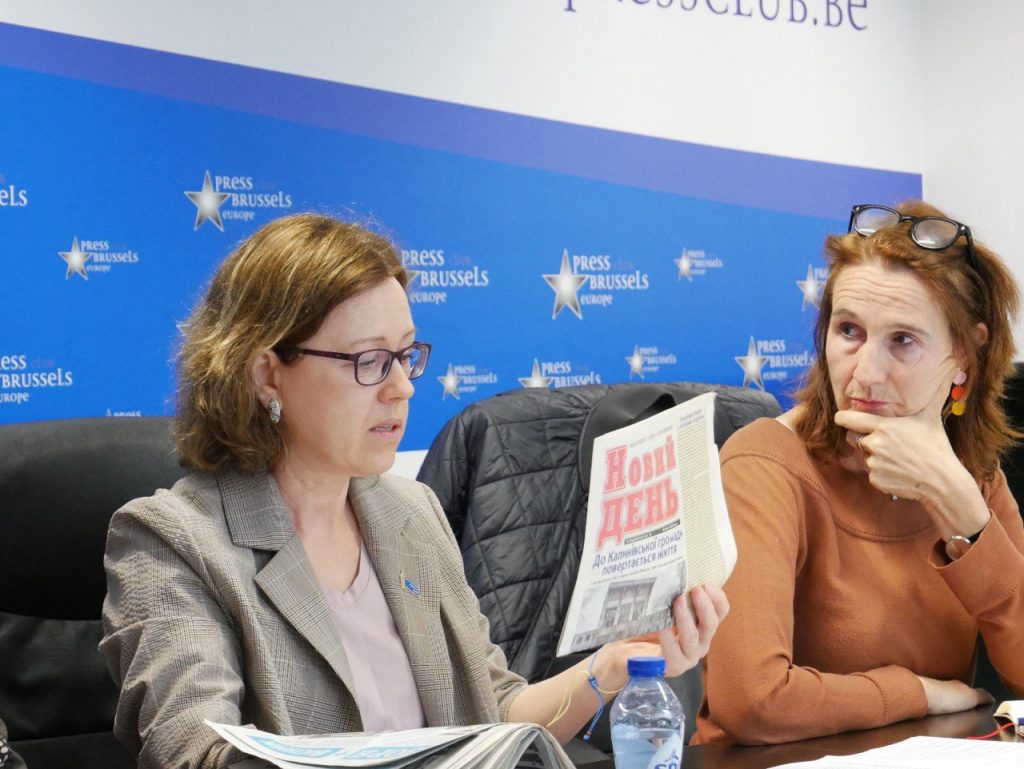
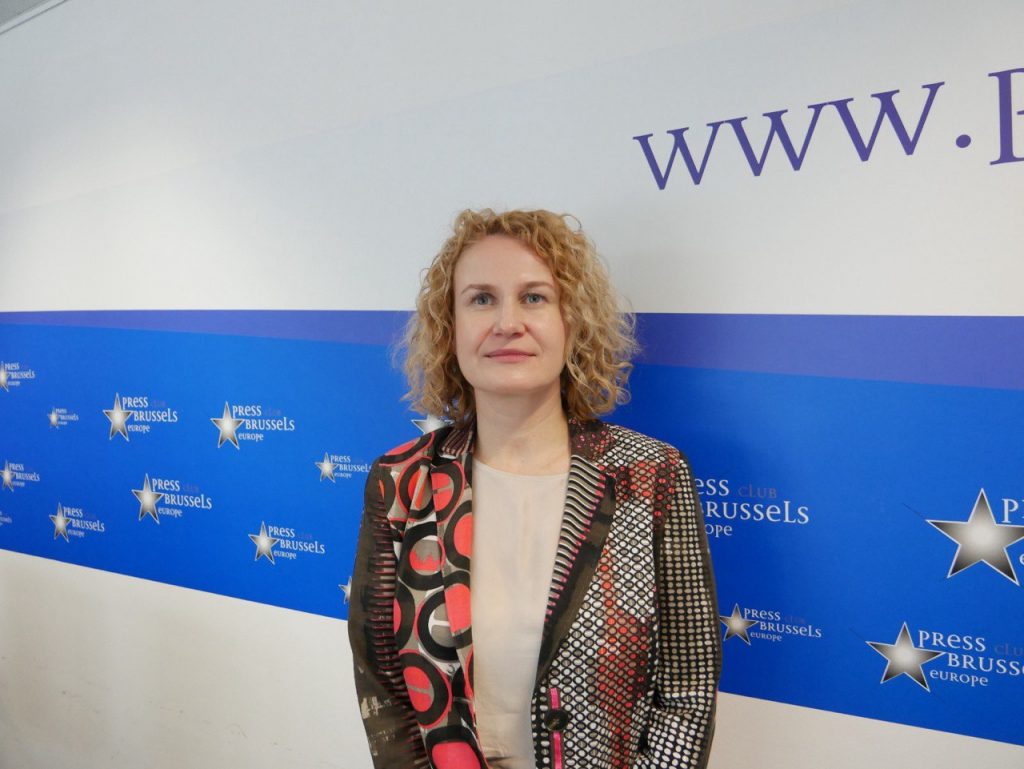
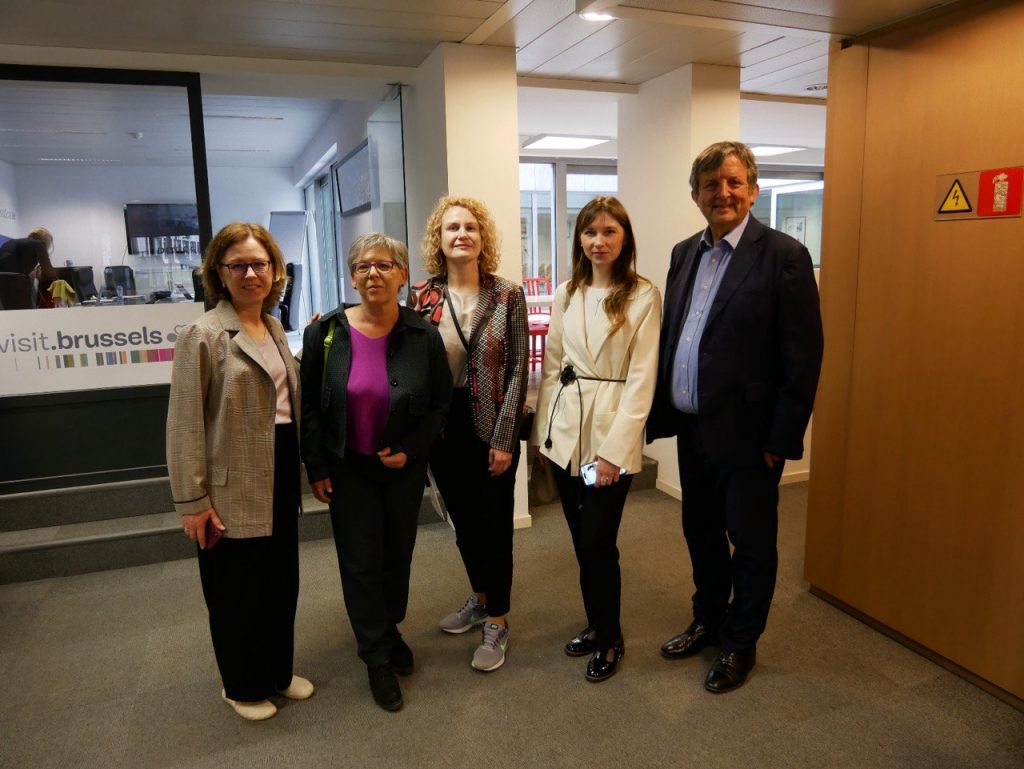
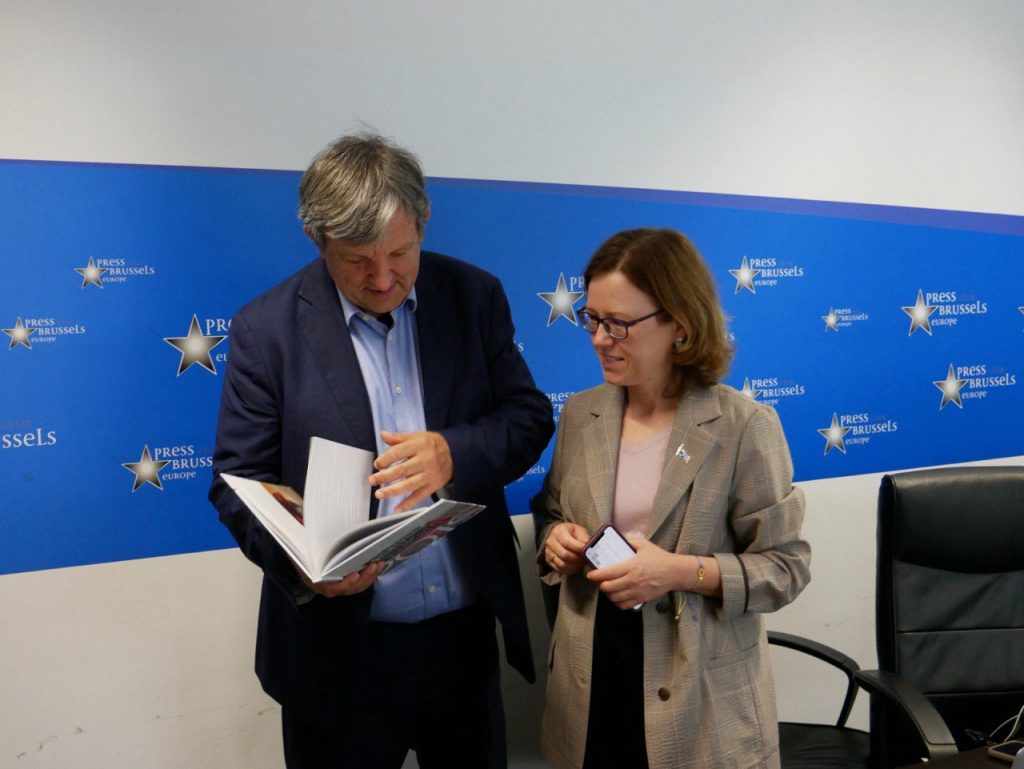
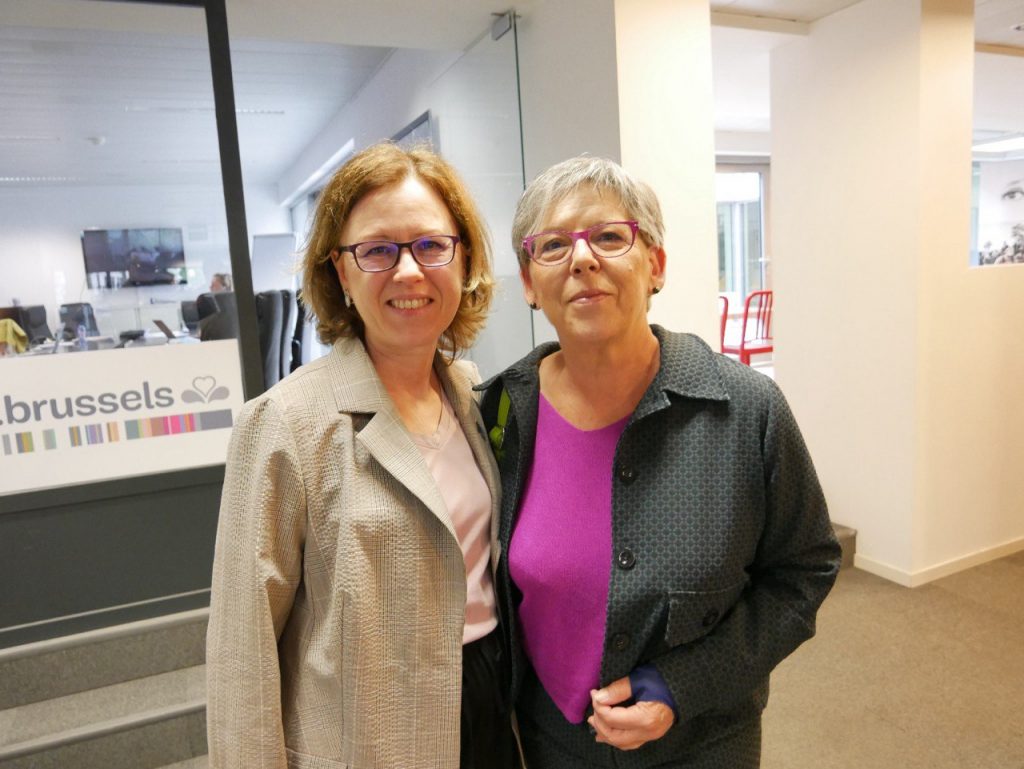
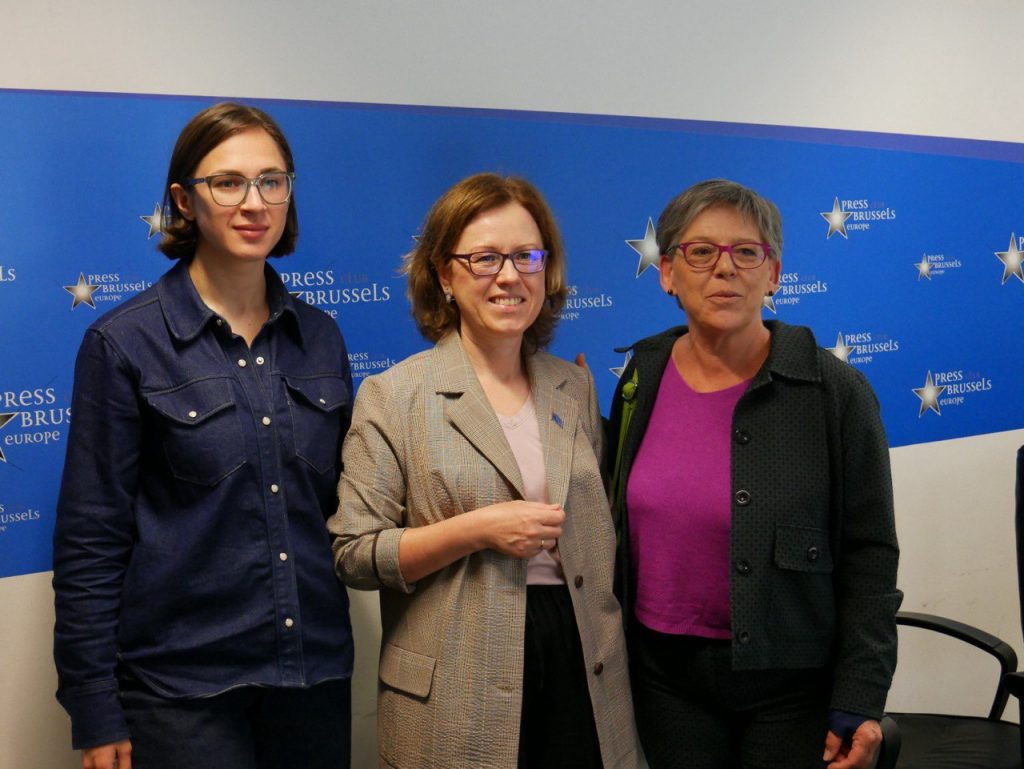
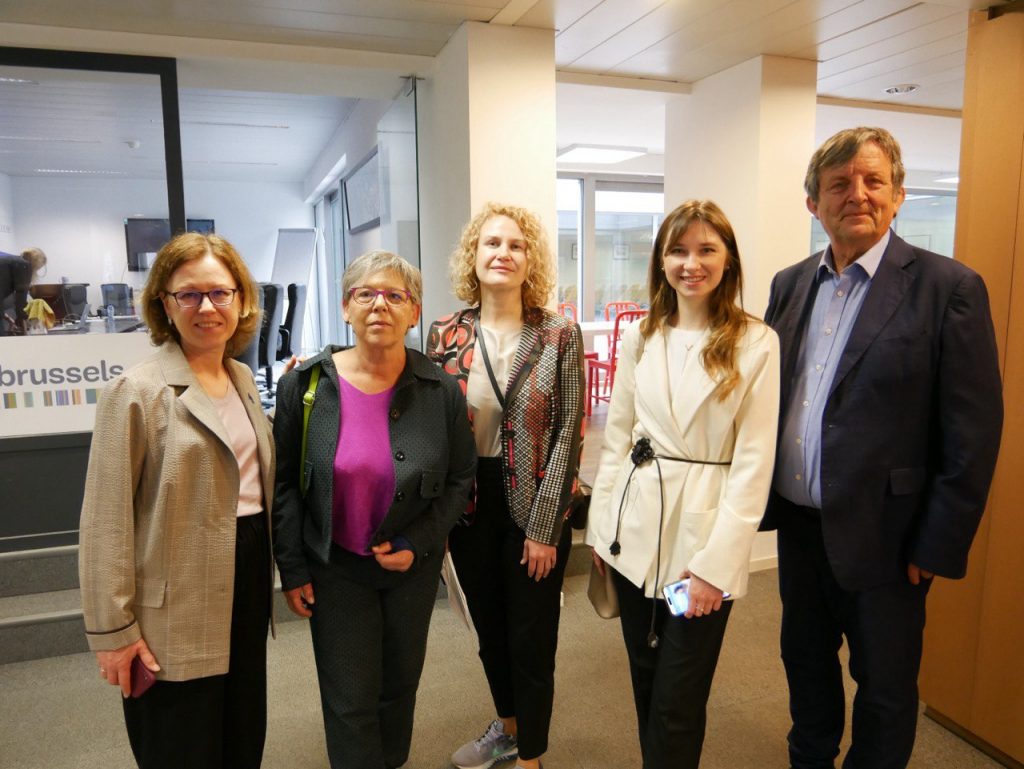
Photo by Dmytro Shkurko, Ukrinform

 THE NATIONAL UNION OF
JOURNALISTS OF UKRAINE
THE NATIONAL UNION OF
JOURNALISTS OF UKRAINE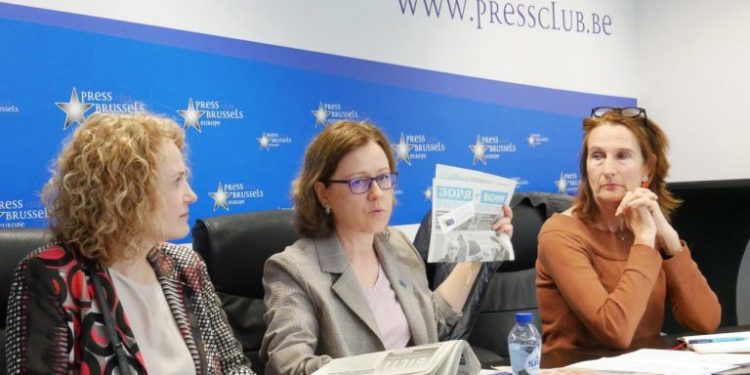
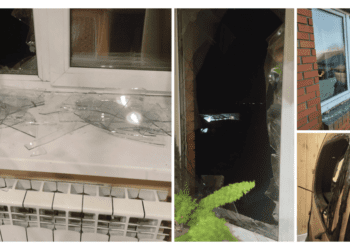
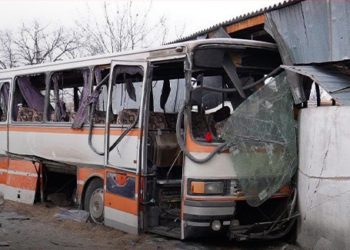














Discussion about this post